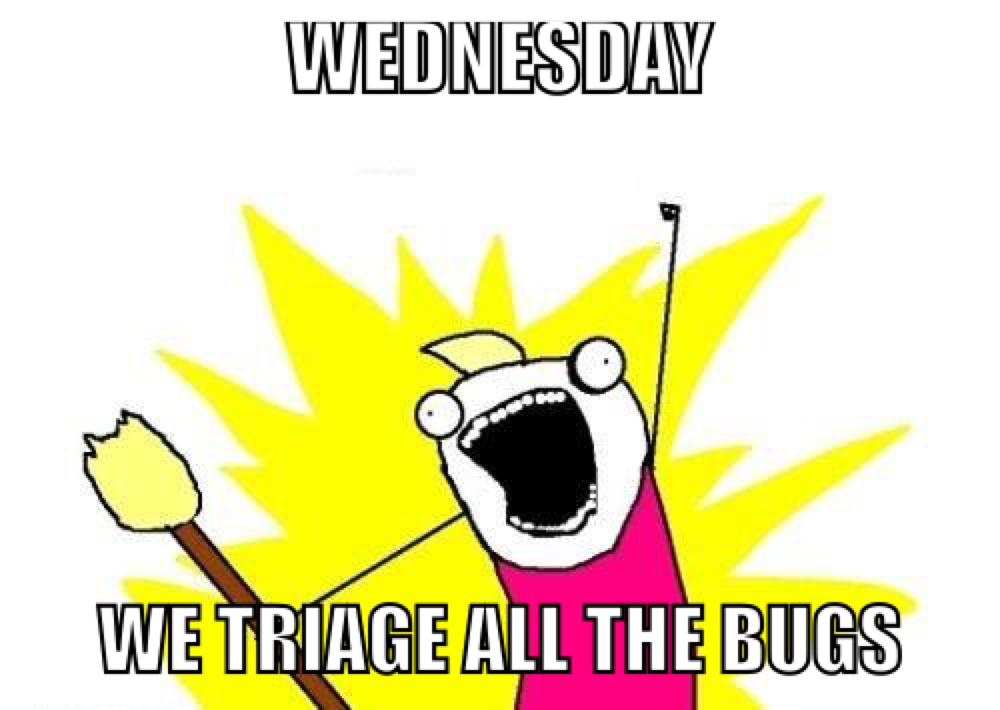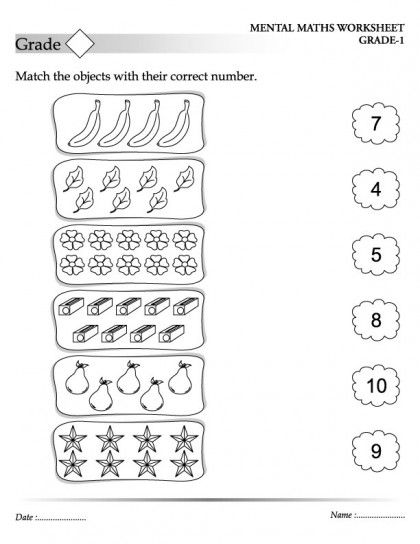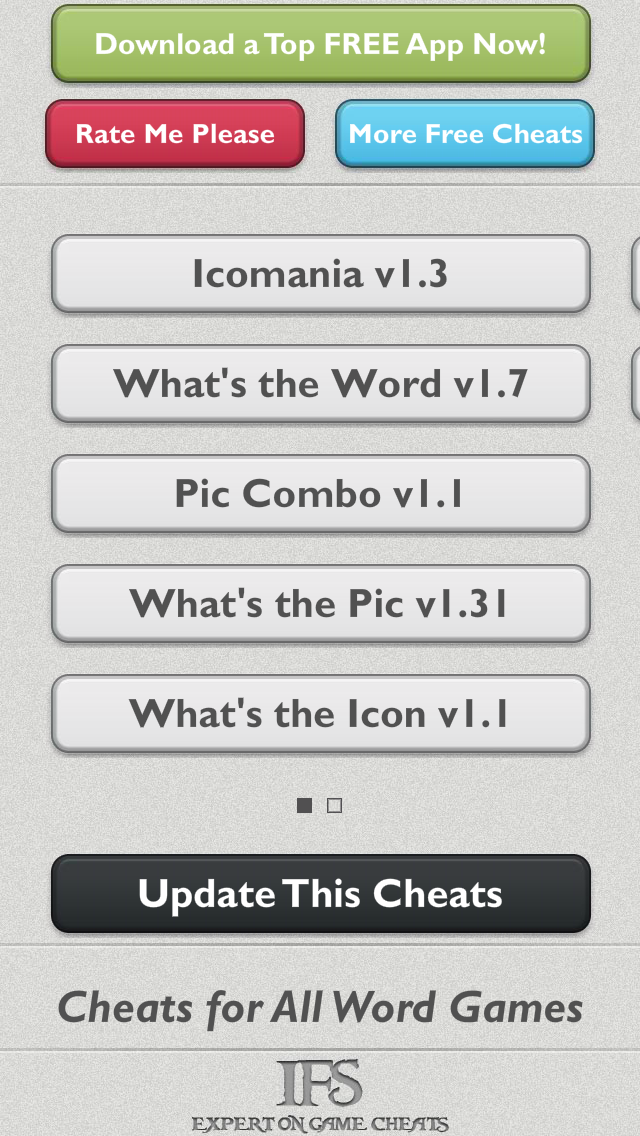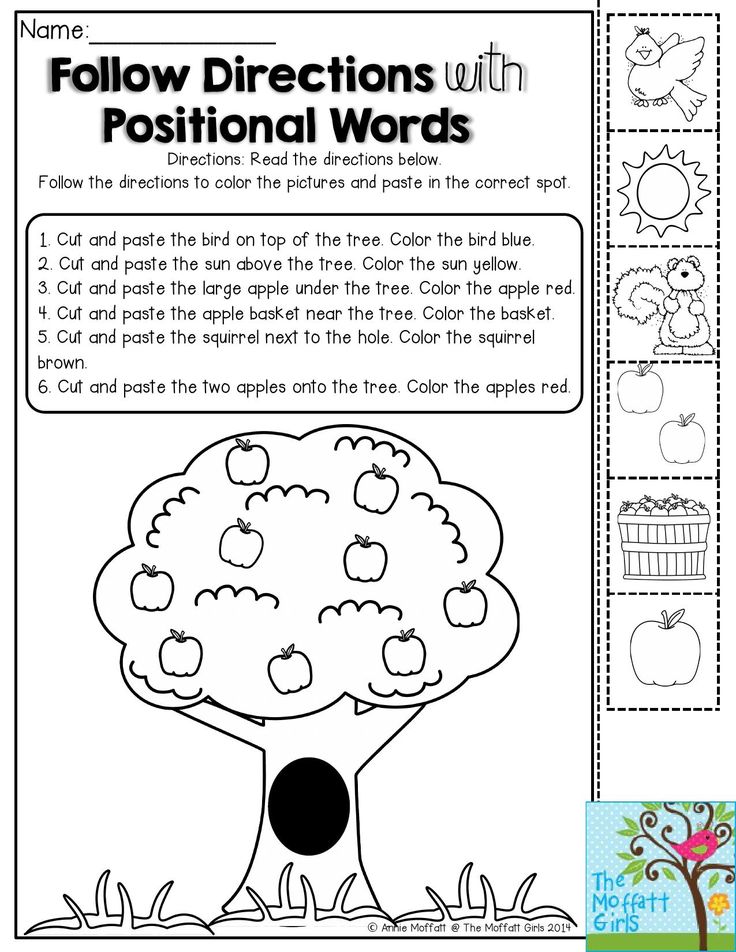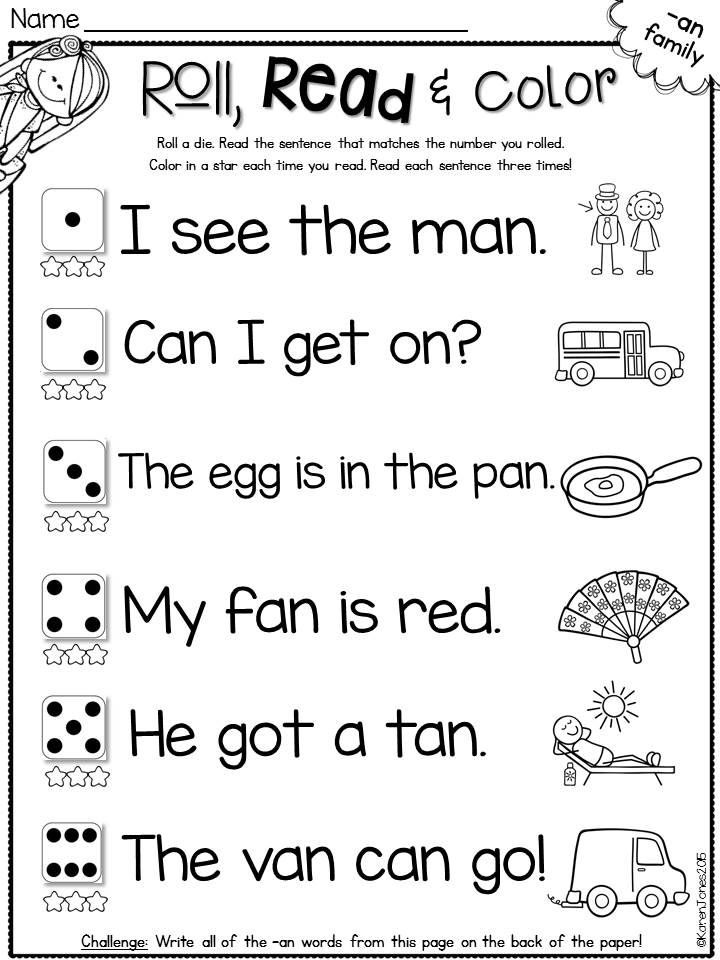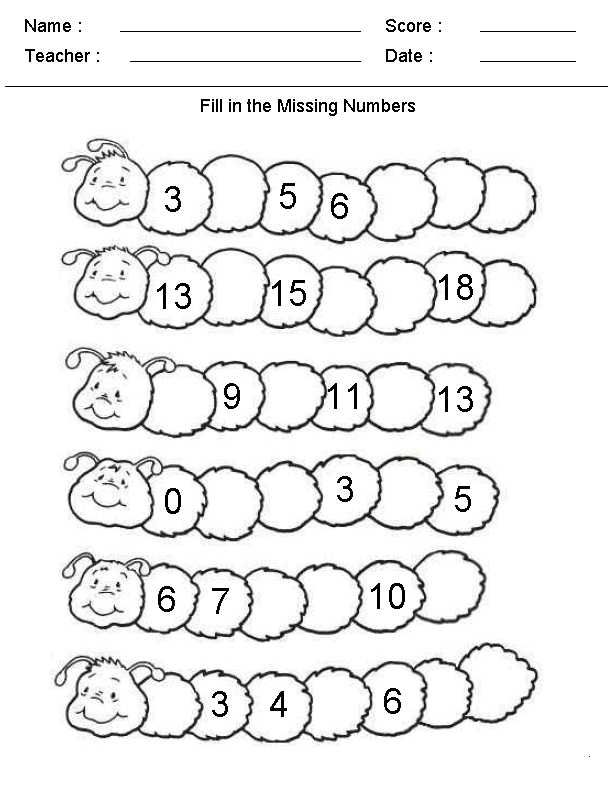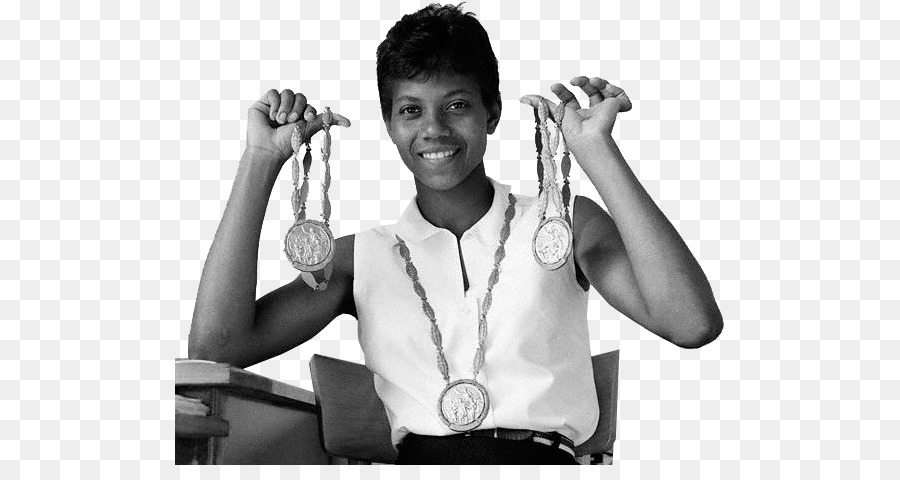Article adjectives list
Article Adjectives
Article Adjectives
A special type of adjective is called an article adjective. There are three articles: "a", "an" and "the". (However, since "an" is just another form of "a", technically speaking, there are only two unique articles).
These adjectives are used in front of most nouns to specify the noun. You wouldn't say "Boy walked quickly"! Instead, you would say either "The boy walked quickly," or "A boy walked quickly."
In the above sentences, "the" and "a" are the articles. They tell the reader that a specific boy walked quickly.
The vs. A/An
The two articles “the” and “a” are not interchangeable. They each have specific situations where they must be used.
Use “the” when you want to specify one specific noun out of all the same nouns. For example:
The girl jumped out the low window onto the rosebush.
Here, the three “the’s” specify one particular girl, one
particular window, and one particular rosebush out of all the girls, windows
and rosebushes.
“The” is called a definite article because the subject it is referring to is a definite (specific) noun out of all the same nouns.
Use “a” when you are not specifying a particular noun. Consider the following sentence:
A cat is stuck up in a tree.
In this sentence, we are not talking about any particular cat or any particular tree. We are just talking about some cat stuck up in some tree. The article “a” (or an) is used with nouns that are not specific.
“A/an” is called an indefinite article because the subject it is referring to is an indefinite (not specific) noun.
A vs. An
The articles “a” and “an” are actually two forms of the same article. However, we have two different forms of this article because each form is used in a different situation. The rules for using the correct form of the article are as follows:
Use “a” when the first sound heard after the article is a
consonant.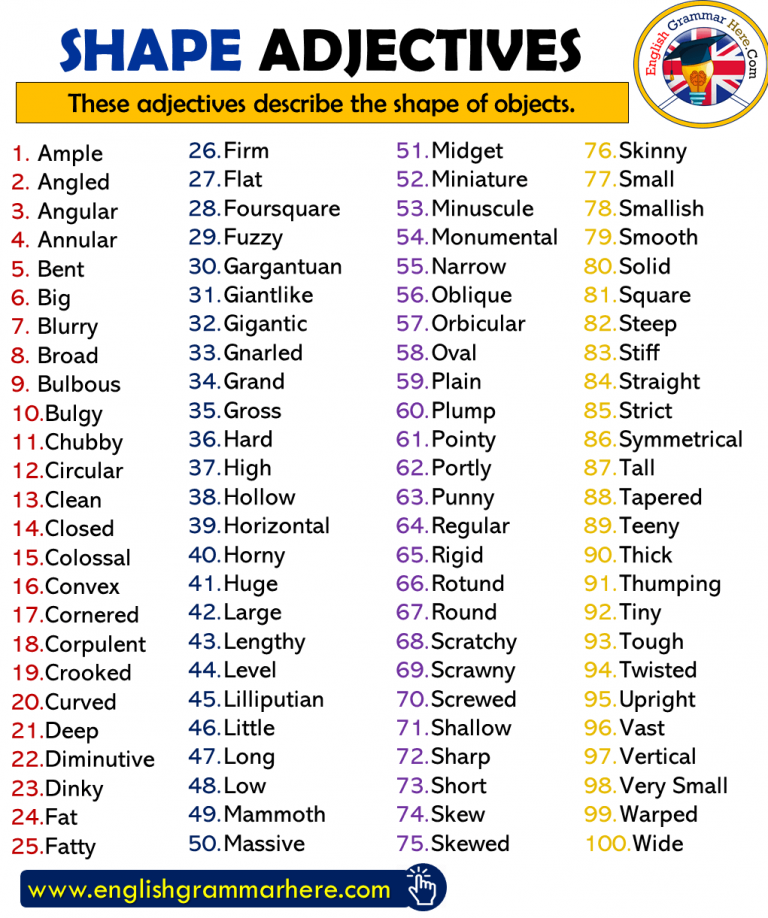 For example:
For example:
a car, a beetle, a dinosaur, a pair of scissors, a zebra.
Use “an” when the first sound heard after the article is a vowel. For example:
an alpine butterfly, an eatery, an igloo, an octopus, an umbrella.
Sometimes, even though the word following the article may start with a consonant, you may need to use the article “an” if the first sound heard is that of a vowel. Similarly, sometimes you may have to use the article “a” before a word that starts with a vowel if the first sound heard is that of a consonant. For example:
It is an honor to meet you.
I don’t think I will ever see a unicorn.
In the first example, the article “an” is used because in the word "honor", the “h” is silent, so the “o”, a vowel, is the first sound heard.
In the second example, the article "a" is used because the “u” in “unicorn” has the sound of the consonant “y” as in “yell”.
Remember that this rule is based off of the first sound
heard after the article, not the first sound of the noun.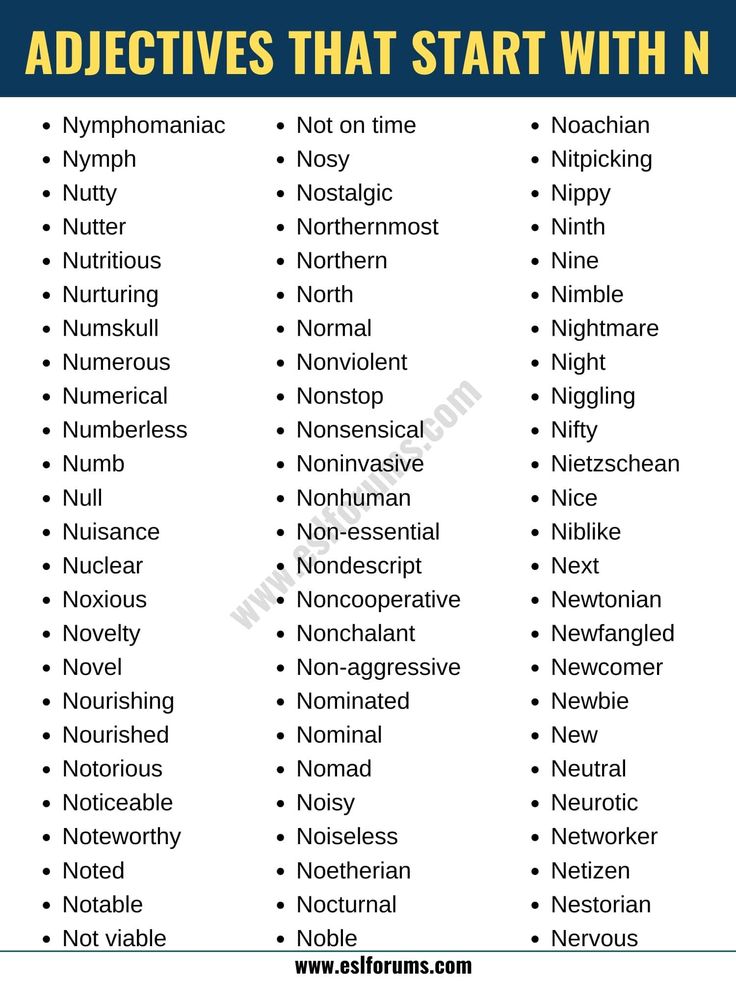 In other
words, if there is another word between the article and the noun, then the
article will be based on the first sound of the word in between, not the noun. For
example:
In other
words, if there is another word between the article and the noun, then the
article will be based on the first sound of the word in between, not the noun. For
example:
a lazy alligator, a nice eatery, a very cold igloo, a giant octopus, a heavy umbrella.
Even though the first sounds of the nouns in the above examples are those of vowels, the first sounds after the articles are those of consonants, so here the article “a” is used and not "an".
Here are some examples of the opposite:
an artistic person, an enthusiastic teacher, an impatient boy, an occupied doctor, an underfed pet.
Even though the first sounds of the nouns in the above examples are those of consonants, the first sounds after the articles are those of vowels, so here the article “an” is used and not "a".
Use of Articles with Adjectives, Example, Exceptions – PERFORMDIGI
Jump ahead to:
Now, we discuss some important use of articles with adjectives
Definition: (Adjective can be defined as a word that modifies a noun or pronoun.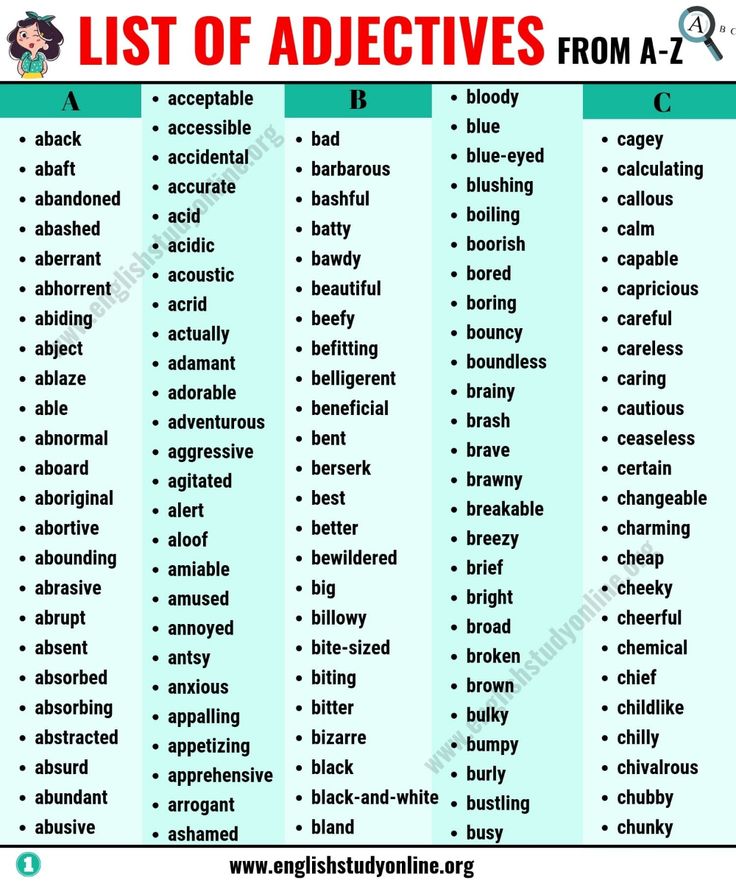 In other words, an adjective is a word used with a noun or pronoun to add something to its meaning)
In other words, an adjective is a word used with a noun or pronoun to add something to its meaning)
Use #1 Before Superlative
‘The’ is often used before superlative degree.
Example:
- He is the best student in our class
- She is the most beautiful girl in the town.
Note: Article ‘A/An’ can also be used if talk about one out of many nouns qualified by superlative adjectives.
Example: This is a most useful book needed for competitive exams.
Use #2 Before Comparative degree
‘The’ is used before the comparative degree, when two comparative degrees are shown to be directly or inversely proportional to each other.
Example:
- The more electricity you use, the higher your bill will be.
- The higher you rise, the greater the fall.
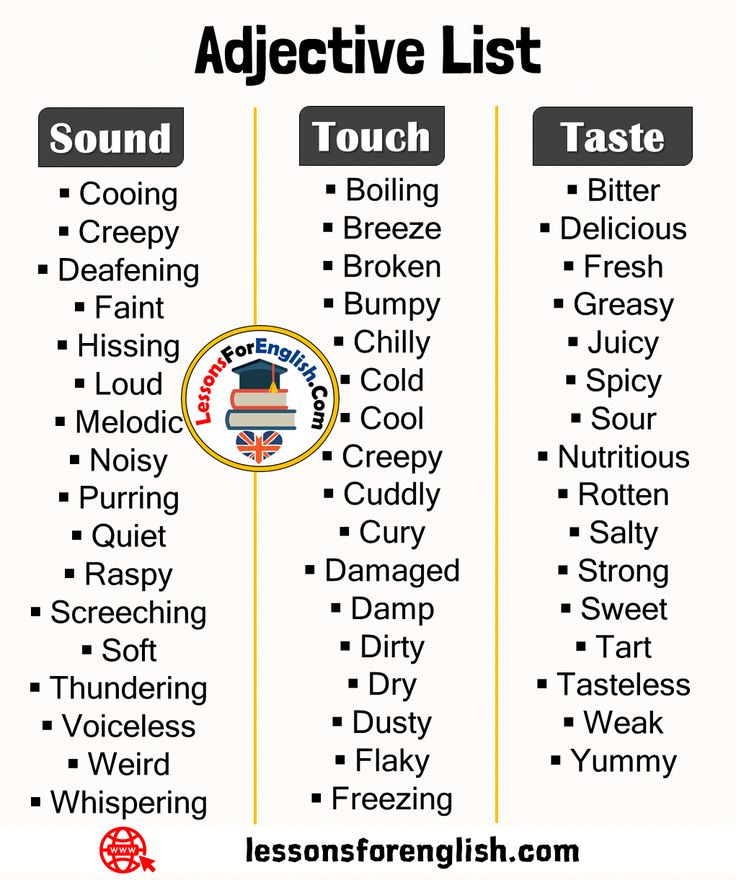
Use #3 If one out of two is chosen
If one out of two is chosen, a comparative degree is used preceded by ‘the’ and followed by ‘of’.
Example:
- He is the stronger of the two players.
- He is the better of the two wrestlers.
But if one out of many are chosen, a comparative degree is used, preceded by ‘the’ and followed by ‘of’.
Example: She is the best of all the players.
Use #4 Before adjectives
When ‘The’ is used before adjectives like honest, rich, poor, meek, etc., it denotes the entire class and becomes plural common noun. Such nouns take plural verbs.
Example:
- The honest are always rewarded.
- The rich exploit the poor.
- The young and the old, the poor and the rich, all demand corruption-free India.
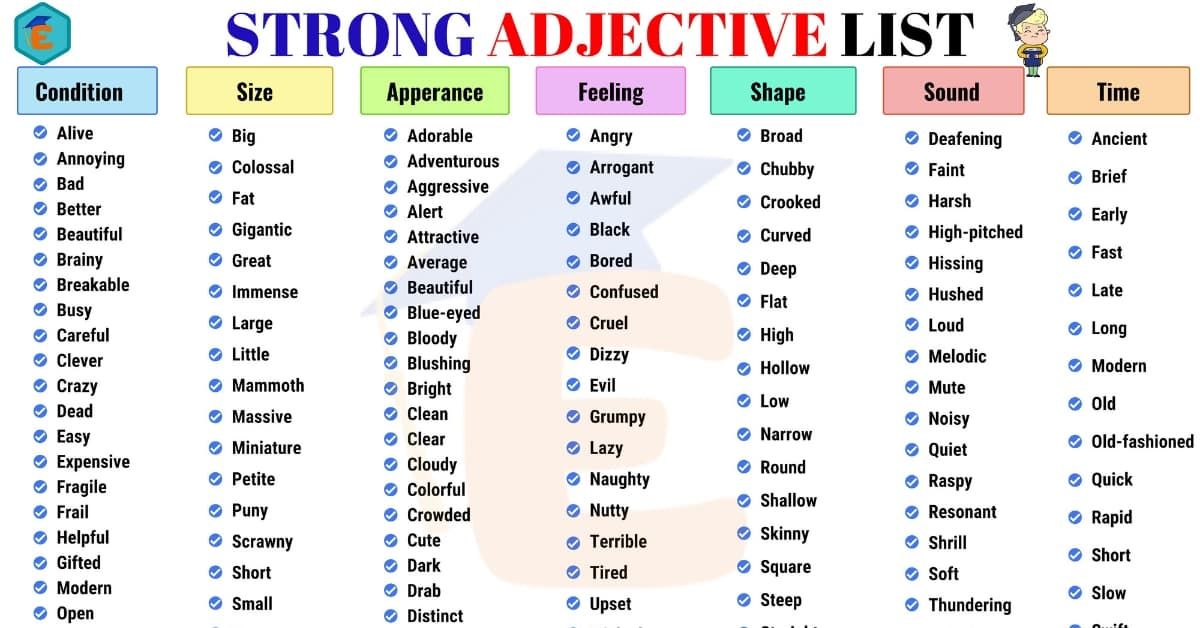
Use #5 When Noun qualifies Proper noun
When any adjective or a noun qualifies a proper noun, article ‘the’ is used with the proper noun (read articles with Noun)
Example:
- Ashoka, the great.
- The great Akbar.
- Napoleon, the warrior.
Use #6 Ordinal numbers
‘The’ is used before Ordinal numbers (first, second, third, etc.) Cardinal numbers such as one, two, three do not take any article before them.
Example:
- Chapter two of this book is very difficult.
- The second chapter of this book is very difficult.
- Volume one is on Grammar.
- The first volume is on Grammar.
Use #7 Before Adjective like Same, whole, all, both
‘The’ is used before an adjective ‘same’ and ‘whole’ and after ‘all’ and ‘both’
Example:
- He is the same boy that met me in the market.
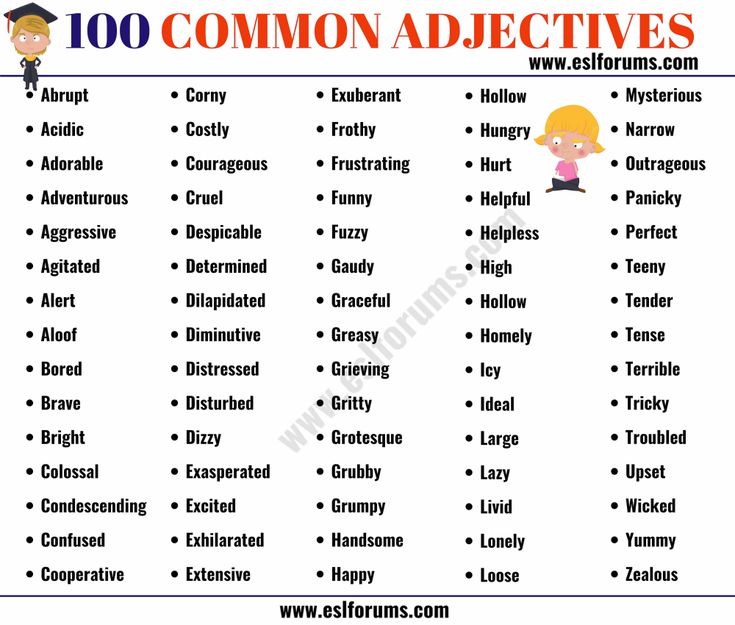
- The whole period was wasted.
When article ‘a’ or ‘the’ is used (Read Articles a, an, the)with few and little, the sentence takes a different meaning.
Few
A few: Not equivalent to zero.
Few: Equivalent to zero but not equal zero.
The few: All that is available.
Littel
A little: Not equivalent to nothing
Little: Equivalent to noting but not equal to nothing
The little: All that is available
If so, as, too, how and quite are used before adjectives, A/An is used if the noun that follows the adjective is singular.
Example:
- It is too heavy a box for me to carry.
- Rohit is not so big a businessman as you think.

Use of articles with adjectives PDF
Use of articles with adjectives
All adjectives from this list are in your stop words
| Maxim Ilyakhov | The idea of stop words is not to instantly remove them from the text. It would be barbaric: as if we take it upon ourselves to exclude words from the language. On the contrary: stop words help us stop and think about how we use the usual tools of the language. Can we write better? If the author does not think about these words, he uses them in their usual form:
| |||||||
| P.S. | This was a Sunday tip about text, editing, and informational style. Submit your questions. | |||||||
September 15, 2017
If you do not read the comments, the second text is more difficult to perceive.
Suppose I want to drill a hole in a wooden floor. From the first description it is clear that I can drill a hole in any material, but from the second it is not clear.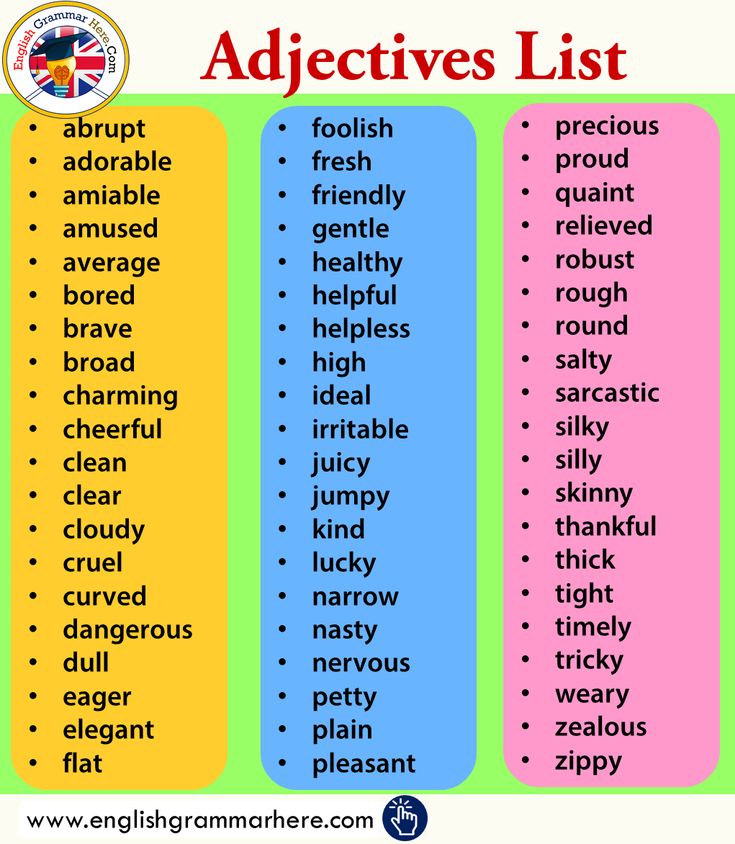
Many will need to additionally get into the Internet and google the words "tungsten carbide".
Often in advertising there are not facts, but an image that I will receive by purchasing a product. The image of a universal drill attracts me, then I will call and find out exactly what I need. And after reading about granite and reinforced concrete structures, I may decide that such a drill does not suit me, and I will not call at all. nine0007
How does infostyle work in terms of advertising, the desire to call and find out?
Top 10 Adjectives to Describe Books and Movies in English - Englishdom Blog
February 20, 2014
5 min. read
151269
The main task of every English learner is just to speak. Even if at first your vocabulary is small, and the sentences are not as refined as we would like. But when the initial stage is passed, you can think about replenishing your active dictionary. For example, how else can you describe a movie you like other than "cool" or "great"? What else can be said about the book other than "interesting"? Let's look at the most useful adjectives you can use when describing movies and books.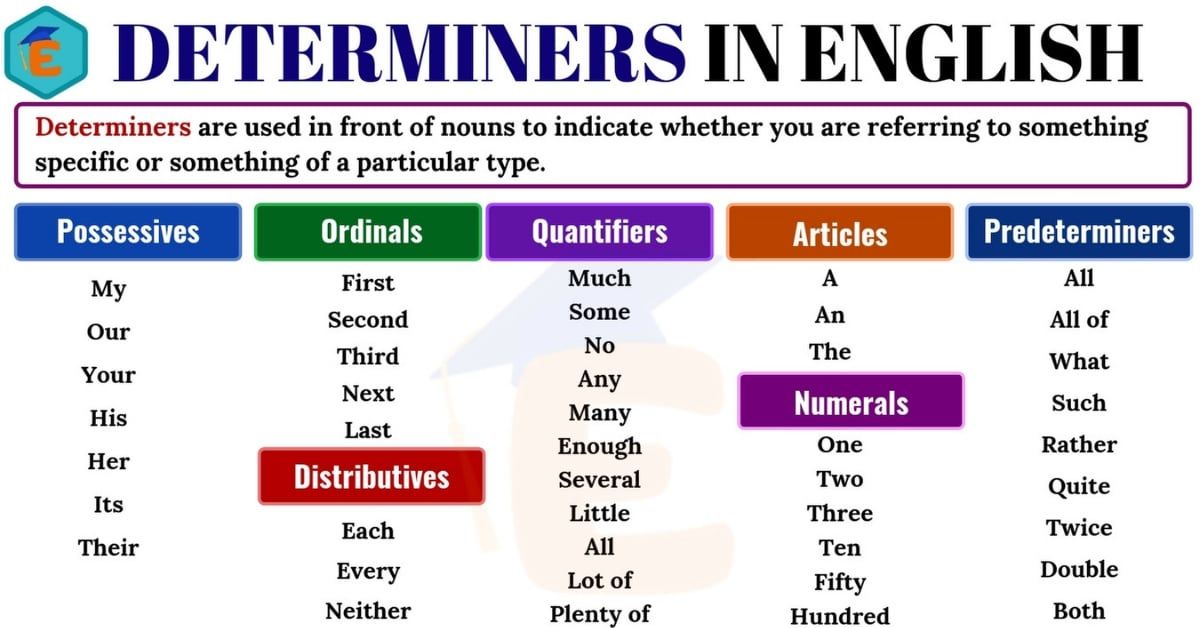 nine0007
nine0007
Complete the topic in the online simulator:
- True Detective
- Boardwalk Empire
- House of cards
- Clinic
- Sherlock
Brilliant
Synonyms: "outstanding", "splendid", "exceptional".
If you really enjoyed the acting, the cinematography, any other part of the movie, or the whole movie, then this adjective is perfect. It belongs to the category of "extreme adjectives" - they differ in that they express a very pronounced sign, and the word "very" seems to be included in their meaning initially. Therefore, if we want to strengthen such an adjective, then we need to use "absolutely", "really", "totally", but not "very". nine0007
The acting was brilliant!
I liked this film a lot, it's absolutely brilliant!
Gripping
Synonyms: "fascinating", "interesting", "intriguing".
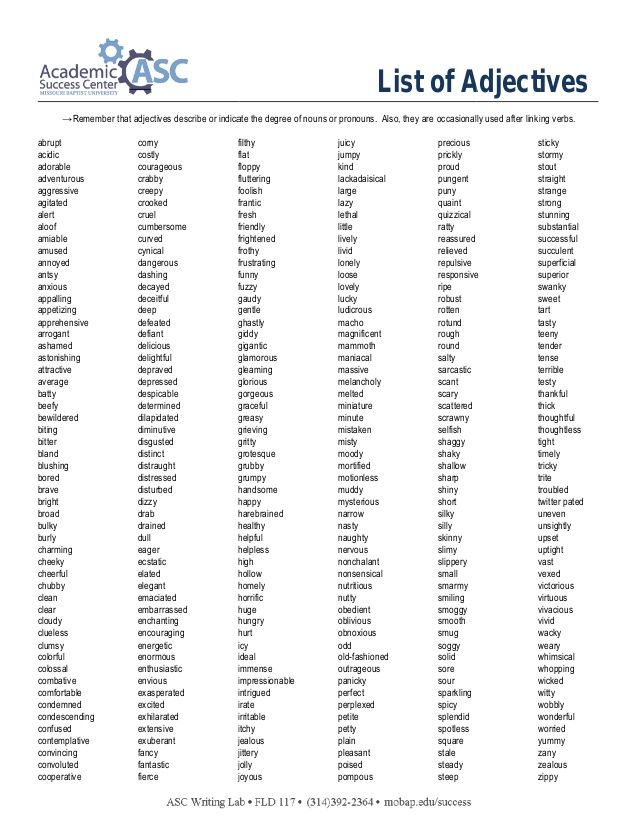
A great epithet for a story that made you drop everything and read the book from cover to cover without stopping. And films with such a plot are also not uncommon.
I like detective stories, they are usually so gripping.
We really enjoyed the gripping plot of that blockbuster. nine0007
Entertaining
Synonyms: "amusing", "delightful", "funny".
This adjective should be taken into account by fans of entertaining reading and frivolous films. If you have recently watched or read something just to relax, then you can use the word "entertaining".
I am tired of reading classical literature in university, so I prefer some entertaining short stories now.
I don't want to watch anything scary or dramatic, let's choose an entertaining film. nine0007
Hilarious - very funny, hilarious
Synonyms: "comical", "humorous", "witty".
Those who prefer comedies or humorous stories will find this epithet useful (by the way, “hilarious” is also “extreme adjective”).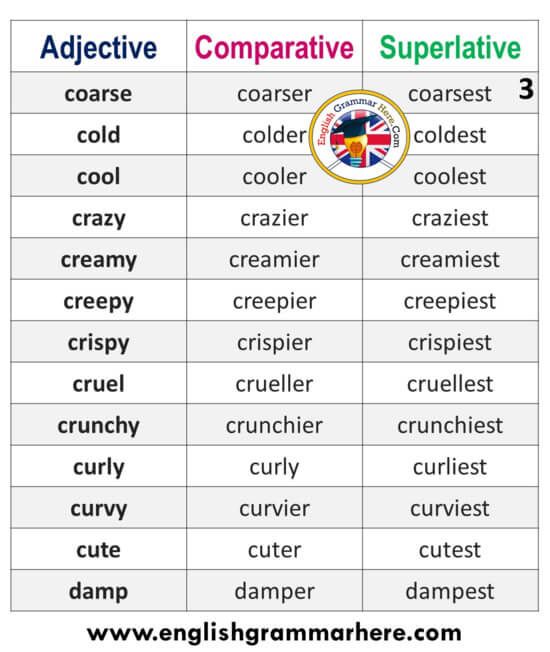 If you laughed to tears in the auditorium or did your best not to frighten others with your laughter while reading in public transport, then you came across something “absolutely hilarious”!
If you laughed to tears in the auditorium or did your best not to frighten others with your laughter while reading in public transport, then you came across something “absolutely hilarious”!
I adore Jim Carrey – he is totally hilarious. nine0065 You must read this hilarious book, I'm sure you'll like it.
Insightful - instructive, with deep meaning
Synonyms: "enlightening", "revealing".
Many films and books make us think about something serious, raise questions that are not easy to answer.
This novel is highly praised as an insightful work of literature.
What I really liked about this film was the last speech of the main character – it was soful.
Fast-moving
Synonyms: "dynamic", "flashing".
Are Spider-Man and Superman your favorite characters? Are you a fan of the Fast & Furious movie series? Now you will know how to characterize action films in which events follow each other at lightning speed.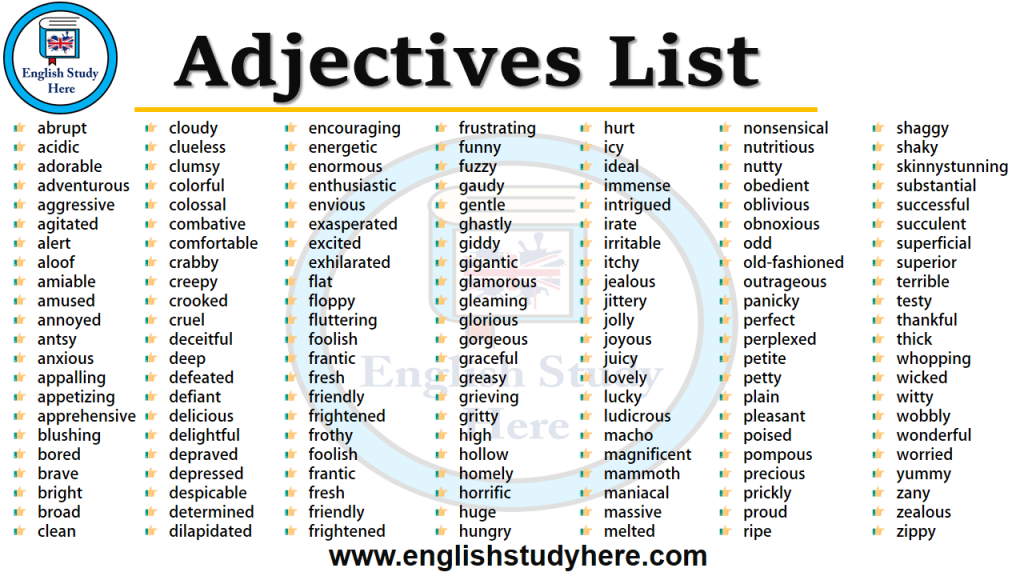
Why did you like this film? – Well, it's fast-moving and exciting.
Predictable
Synonyms: "anticipated", "foreseeable", "expected". nine0124
It also happens that the plot of a book or a movie is not very exciting, and after fifteen minutes you realize, for example, that the killer is a hairdresser. Or vice versa - from the first glance at the main characters, it was clear that in the end they would get married. Such predictability disappoints someone, and someone even rejoices in his ingenuity, but the word “predictable” will be needed in both cases.
The happy end was quite predictable.
Disappointing - disappointing, unsuccessful
Synonyms: "failing", "mediocre".
The choice of a movie or a book is not always successful, sometimes we don't like what we watch or read at all, because we expected more. Please note that the suffix "-ing" means the quality of the item, and "-ed" means the feelings of the person. Therefore, we can say “disappointing” about the film, and “I am disappointed” about our disappointment.
We were looking forward to watching this film but it turned out to be so disappointing.
Violent - hard
Synonyms: "brutal", "cruel", "savage".
Everyone has different tastes, some like action movies, some like disaster films, and sometimes the word "violent" may be needed to describe events or characters.
The plot centers around the investigation of a violent crime.
Truthful - truthful, reliable
Synonyms: "realistic", "trustworthy".
A good word for books and films that reflect events as they are in real life, paint a realistic picture of what is happening. nine0007
The great actress managed to create a truthful portrait of the queen.
The author gives a truthful description of historical events.
Many of you discuss films and books in your English classes via Skype, and now you can surprise your teacher with the new vocabulary you have mastered on your own. But do not forget that only regular practice will translate new words into active vocabulary.

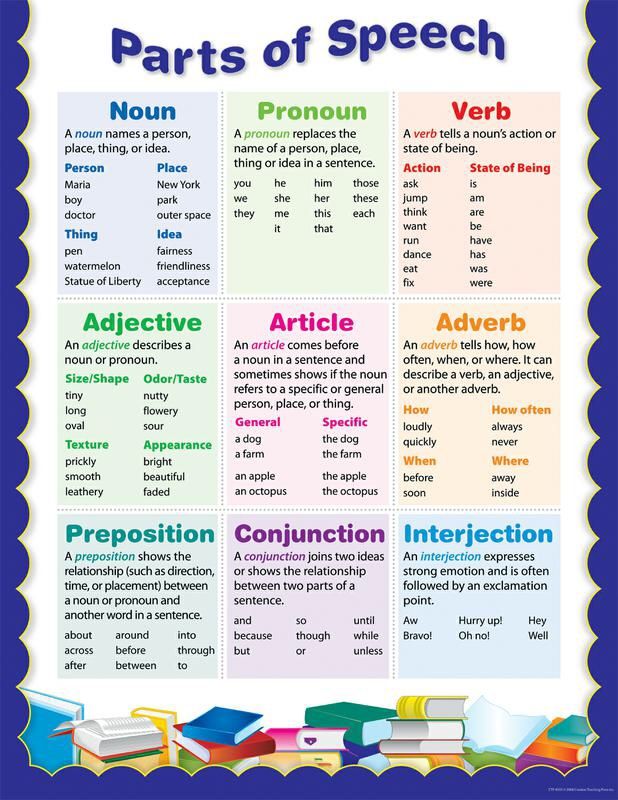 All your examples are just in this category: these are set expressions and terms. nine0007
All your examples are just in this category: these are set expressions and terms. nine0007 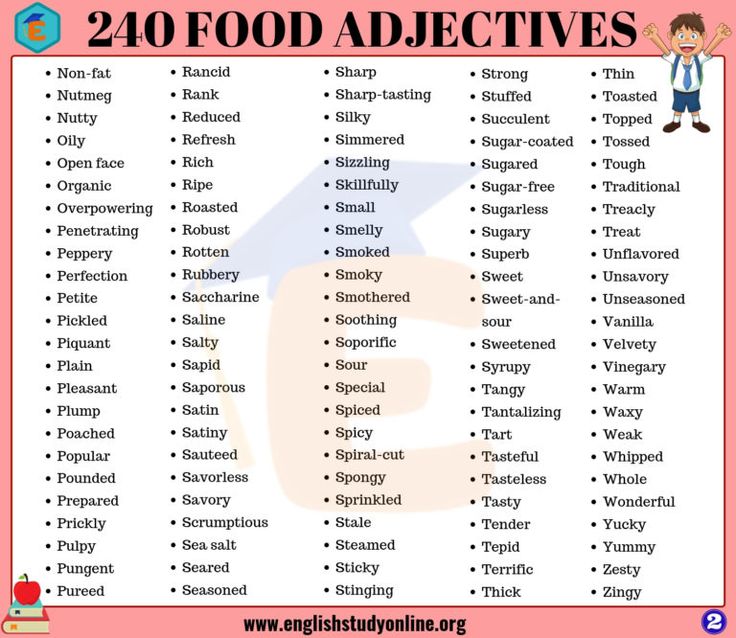 Suitable for granite and reinforced concrete structures. The Axial Compensation System helps reduce drill deflection and produces smoother holes than traditional hand drilling. nine0016
Suitable for granite and reinforced concrete structures. The Axial Compensation System helps reduce drill deflection and produces smoother holes than traditional hand drilling. nine0016 
